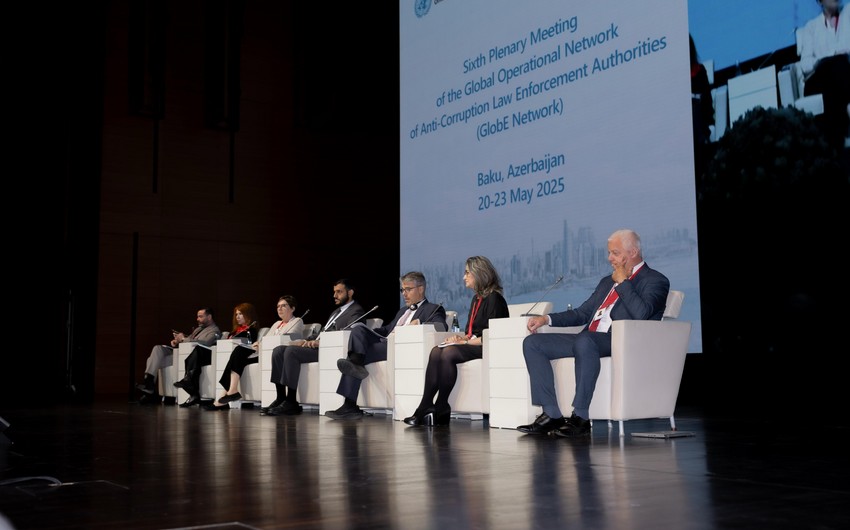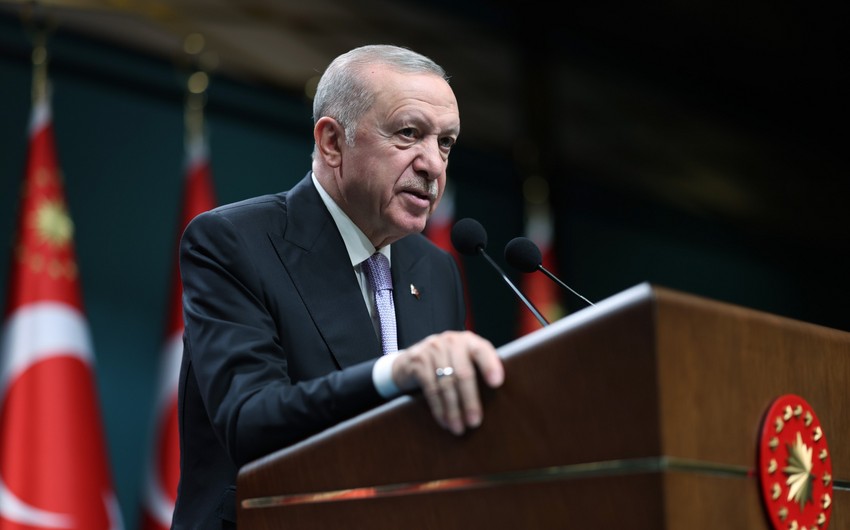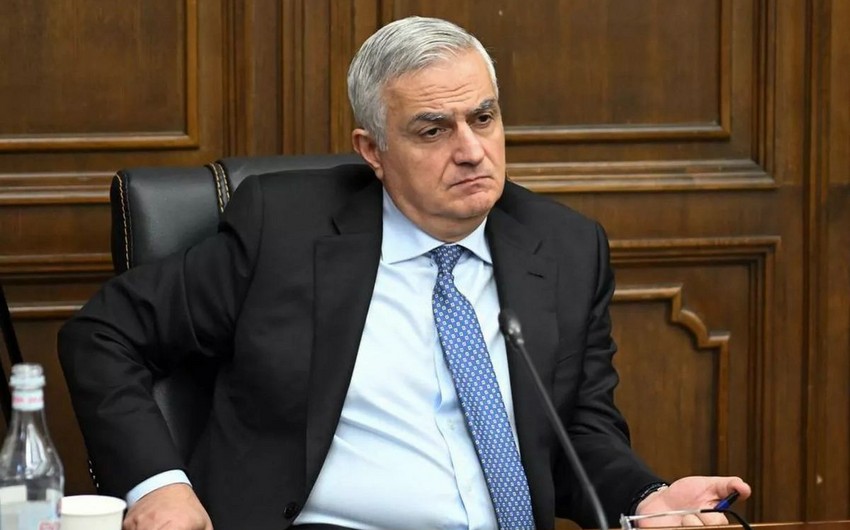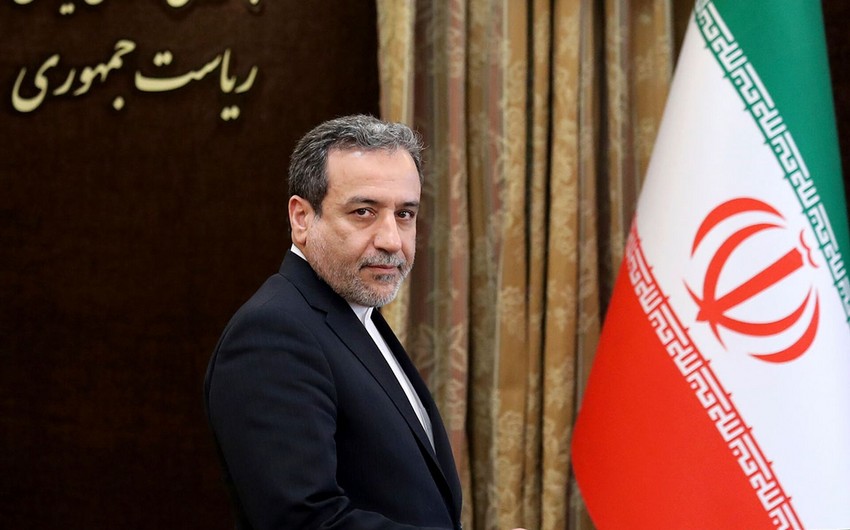A special session was held at the UN General Assembly on March 30 in observance of International Zero Waste Day, an initiative led by Turkey.
According to a report from the U.S. bureau, Azerbaijan’s Permanent Representative to the UN, Tofig Musayev, emphasized the importance of the Zero Waste movement during his speech. He stated that the “Zero Waste” initiative received significant global support at COP29.
The diplomat praised Turkey’s leadership in this field, particularly the personal efforts of First Lady Emine Erdoğan. Musayev informed the guests about Azerbaijan’s actions and efforts in the field of Zero Waste. He mentioned that the Zero Waste concept is one of the key principles in achieving Sustainable Development Goals (SDGs) and creating a greener planet: “Azerbaijan is taking concrete steps to accelerate progress on several SDGs. These include supporting local circular economy projects, promoting sustainable textile production, and initiatives to reduce waste through innovation and education.”
The ambassador highlighted that, within the framework of COP29, Azerbaijan and Tokyo jointly opened a pavilion in the green zone, demonstrating their commitment to contributing to ecological development through collective action. “Additionally, during COP29, a Declaration on Reducing Methane Emissions from Organic Waste was adopted. This document emphasizes the importance of complex measures to prevent the rapid increase of waste, improve waste management, and expand the implementation of Zero Waste practices. As part of the COP29 Action Agenda, the ‘Multi-Sectoral Action Pathways Declaration for Sustainable and Healthy Cities’ encourages a comprehensive approach to urban climate issues, strengthens coordination between urban climate policies, and stimulates urban climate finance.”
Azerbaijan will host the 13th World Urban Forum in 2026: “This event will serve as an important platform to promote sustainable urban development, strengthen Zero Waste initiatives, and reaffirm international commitments to the creation of climate-resilient cities.”
Madina Mammadova//EDnews










